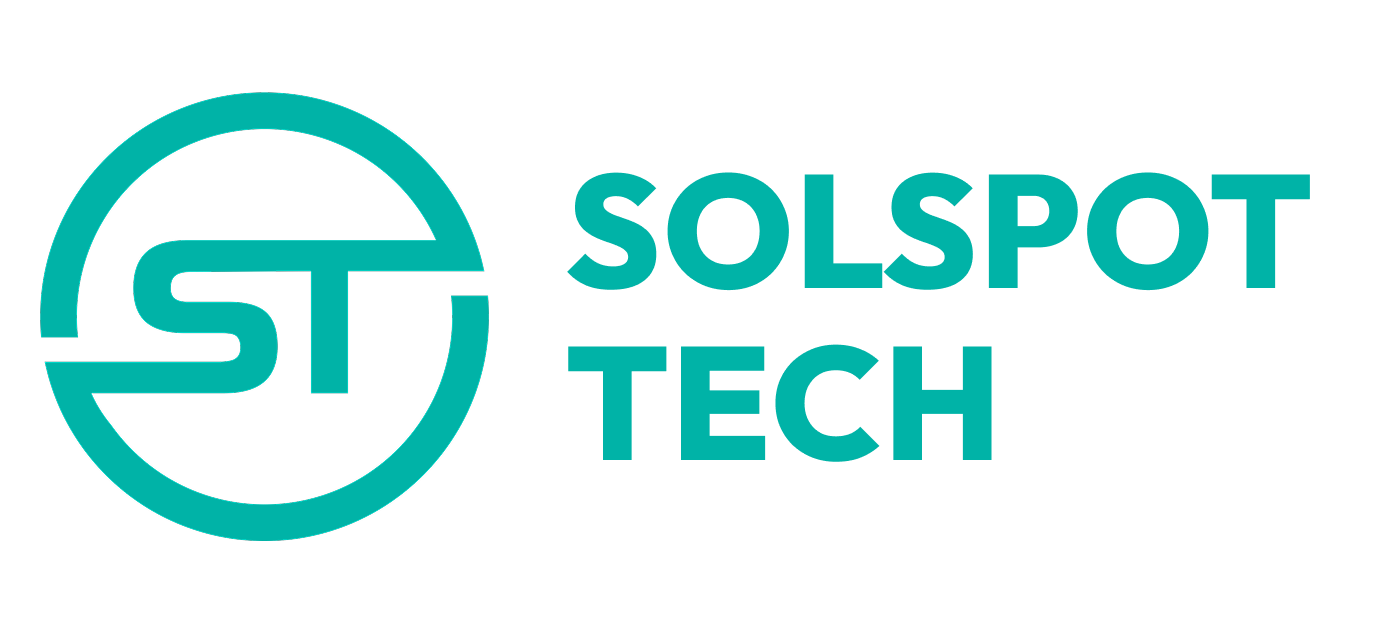- Beyond the Headlines: Stay Informed with Curated Global Updates & Actionable Insights
- The Shifting Landscape of Global Affairs
- The Role of International Organizations
- Economic Interdependence and Trade Wars
- Technological Disruption and Cybersecurity Threats
- Climate Change and Environmental Sustainability
- The Transition to Renewable Energy
- The Rise of Environmental Activism
- Sustainable Consumption and Circular Economy
- The Future of Work and Automation
- The Gig Economy and Remote Work
- The Importance of Upskilling and Reskilling
Beyond the Headlines: Stay Informed with Curated Global Updates & Actionable Insights
In today’s rapidly evolving world, staying informed is more critical than ever. The constant stream of information can be overwhelming, often lacking context or actionable insights. This is where curated global updates become invaluable, offering a filtered and analyzed view of events shaping our world. Understanding the significance of these events, beyond just the headline, is essential for making informed decisions, both personally and professionally. This curated approach to information transforms raw data into knowledge, empowering individuals to navigate the complexities of the modern landscape. The accessibility of up-to-date information is crucial, and the ability to discern credible sources from misinformation is a vital skill in the digital age, and a prominent aspect of modern news consumption.
The Shifting Landscape of Global Affairs
Geopolitical tensions continue to reshape the international order, impacting trade, security, and diplomatic relations. The rise of new economic powers, coupled with established nations vying for influence, creates a dynamic and often unpredictable environment. Examining these shifts requires a nuanced understanding of historical context, cultural sensitivities, and underlying economic drivers. The consequences of these dynamics extend far beyond political circles, affecting businesses, investors, and individuals alike. Effective risk assessment and strategic planning are paramount in navigating this complex terrain. Proactive adaptation and foresight are often the key to capitalizing on the challenges and opportunities that arise.
| East Asia | Increased Military Spending | Heightened Regional Competition |
| Eastern Europe | Ongoing Political Instability | Disrupted Supply Chains |
| South America | Commodity Price Fluctuations | Economic Volatility |
The Role of International Organizations
International organizations such as the United Nations, World Trade Organization, and International Monetary Fund play a pivotal role in addressing global challenges. These institutions provide platforms for dialogue, promote cooperation, and offer assistance to nations in need. However, their effectiveness is often hampered by political divisions, bureaucratic inefficiencies, and limitations in enforcement power. Despite these hurdles, they remain vital conduits for collective action. Strengthening these organizations and ensuring their accountability are essential for tackling transnational issues like climate change and pandemics. Moving beyond rhetoric and embracing meaningful cooperation are integral to achieving long-term solutions.
Economic Interdependence and Trade Wars
The interconnectedness of the global economy has fostered unprecedented levels of prosperity but also created vulnerabilities. Trade wars, driven by protectionist policies and geopolitical tensions, can disrupt supply chains, stifle economic growth, and escalate into broader conflicts. Finding a balance between free trade and national interests is a constant challenge for policymakers. Investing in diversification, promoting fair trade practices, and strengthening international trade agreements are essential for mitigating these risks. Building resilient economies and fostering sustainable growth require a long-term perspective, and a recognition of the mutual benefits of collaboration. Successful economic policy often requires adaptability and an open approach to global partnerships.
Technological Disruption and Cybersecurity Threats
Rapid advancements in technology are transforming industries, creating new opportunities, and disrupting established business models. Artificial intelligence, blockchain, and the Internet of Things are driving innovation across various sectors. However, these technologies also pose new challenges, particularly in the realm of cybersecurity. Sophisticated cyberattacks targeting critical infrastructure, financial institutions, and government agencies are becoming increasingly frequent and sophisticated. Strengthening cybersecurity defenses, fostering international cooperation on cybercrime, and investing in cybersecurity research and development are essential for protecting against these threats. A proactive rather than reactive approach to technological security is vital in managing future risks.
Climate Change and Environmental Sustainability
Climate change is arguably the most pressing global challenge of our time, with far-reaching consequences for ecosystems, economies, and human societies. Rising temperatures, extreme weather events, and sea-level rise are already impacting communities around the world. Mitigating climate change requires a transition to a low-carbon economy, investing in renewable energy sources, and implementing policies to reduce greenhouse gas emissions. Adapting to the inevitable impacts of climate change is equally important, focusing on resilience, infrastructure upgrades, and disaster preparedness. International collaboration is crucial to the success of achieving a sustainable future, and a collaborative, united global response is paramount.
- Invest in renewable energy infrastructure.
- Implement carbon pricing mechanisms.
- Promote sustainable land use practices.
- Strengthen international climate agreements.
The Transition to Renewable Energy
The shift from fossil fuels to renewable energy sources is essential for reducing carbon emissions and mitigating climate change. Solar, wind, hydro, and geothermal power are becoming increasingly cost-competitive and reliable. However, transitioning to a fully renewable energy system requires significant investments in infrastructure, grid modernization, and energy storage technologies. Overcoming regulatory hurdles and addressing intermittency challenges are also crucial. Encouraging private sector investment, fostering innovation, and promoting energy efficiency are key components of a successful transition. Governments play a vital role in providing policy support, setting ambitious targets, and creating a level playing field for renewable energy developers. Continued advancements in battery technology are making renewable energy a viable option globally.
The Rise of Environmental Activism
Growing public awareness of environmental issues has fueled a surge in environmental activism. Grassroots movements, non-governmental organizations, and youth-led campaigns are demanding bolder action from governments and corporations. These activists are raising awareness, advocating for policy changes, and holding polluters accountable. Environmental activism is playing an increasingly important role in shaping public opinion and influencing political decisions. Recognizing the legitimacy of these concerns, and engaging in constructive dialogue with activists, are essential for building a more sustainable and equitable future. Often, these movements are built on citizen science initiatives and empower communities to proactively address local environmental challenges.
Sustainable Consumption and Circular Economy
Shifting towards sustainable consumption patterns and embracing a circular economy are critical for reducing environmental impact and conserving resources. This involves reducing waste, reusing materials, and recycling products. Promoting responsible manufacturing practices, designing products for durability and recyclability, and supporting businesses committed to sustainability are essential steps. The circular economy model aims to minimize waste and maximize resource utilization, creating a more resilient and environmentally friendly economic system. Encouraging consumer awareness, incentivizing sustainable choices, and investing in recycling infrastructure are vital for accelerating this transition.
The Future of Work and Automation
Automation and artificial intelligence are transforming the nature of work, creating new opportunities but also displacing existing jobs. Adapting to this changing landscape requires investing in education and training, reskilling workers, and creating new social safety nets. The future of work will likely involve a greater emphasis on creativity, critical thinking, and problem-solving skills. Lifelong learning and adaptability will be crucial for navigating a constantly evolving job market. Rethinking traditional employment models, exploring alternative work arrangements, and promoting economic inclusion are essential for ensuring that the benefits of automation are shared broadly. Preparing future generations for the demands of a dynamically changing workforce is essential.
- Invest in STEM education.
- Provide retraining opportunities for displaced workers.
- Promote policies that support entrepreneurship.
- Strengthen social safety nets.
The Gig Economy and Remote Work
The rise of the gig economy and remote work is transforming the traditional employment landscape. These trends offer greater flexibility and autonomy for workers but also raise concerns about job security, benefits, and worker rights. Balancing the benefits of flexibility with the need for worker protection is a significant challenge for policymakers. Ensuring fair labor standards, providing access to affordable healthcare, and promoting workplace equity are essential. Adapting legal frameworks and social security systems to the changing nature of work is crucial for supporting a thriving and inclusive gig economy. The move towards remote work has accelerated thanks to advancements in digital technologies.
The Importance of Upskilling and Reskilling
In a rapidly changing job market, upskilling and reskilling are essential for workers to remain competitive and adapt to new demands. Providing access to affordable and high-quality education and training programs is crucial. Promoting micro-credentials, online learning platforms, and apprenticeships can help workers acquire new skills and knowledge. Investing in lifelong learning initiatives and fostering a culture of continuous improvement are essential for building a resilient workforce. Effective upskilling programs should focus on both technical skills and soft skills, such as communication, collaboration, and critical reasoning.
Navigating the complexities of the modern world demands a commitment to informed awareness and proactive engagement. By prioritizing curated, reliable sources of information and understanding the interconnectedness of global events, we can better address the challenges and opportunities that lie ahead. A sustained focus on international cooperation, sustainable practices, and innovative solutions will pave the path toward a more prosperous, equitable, and resilient future for all.

